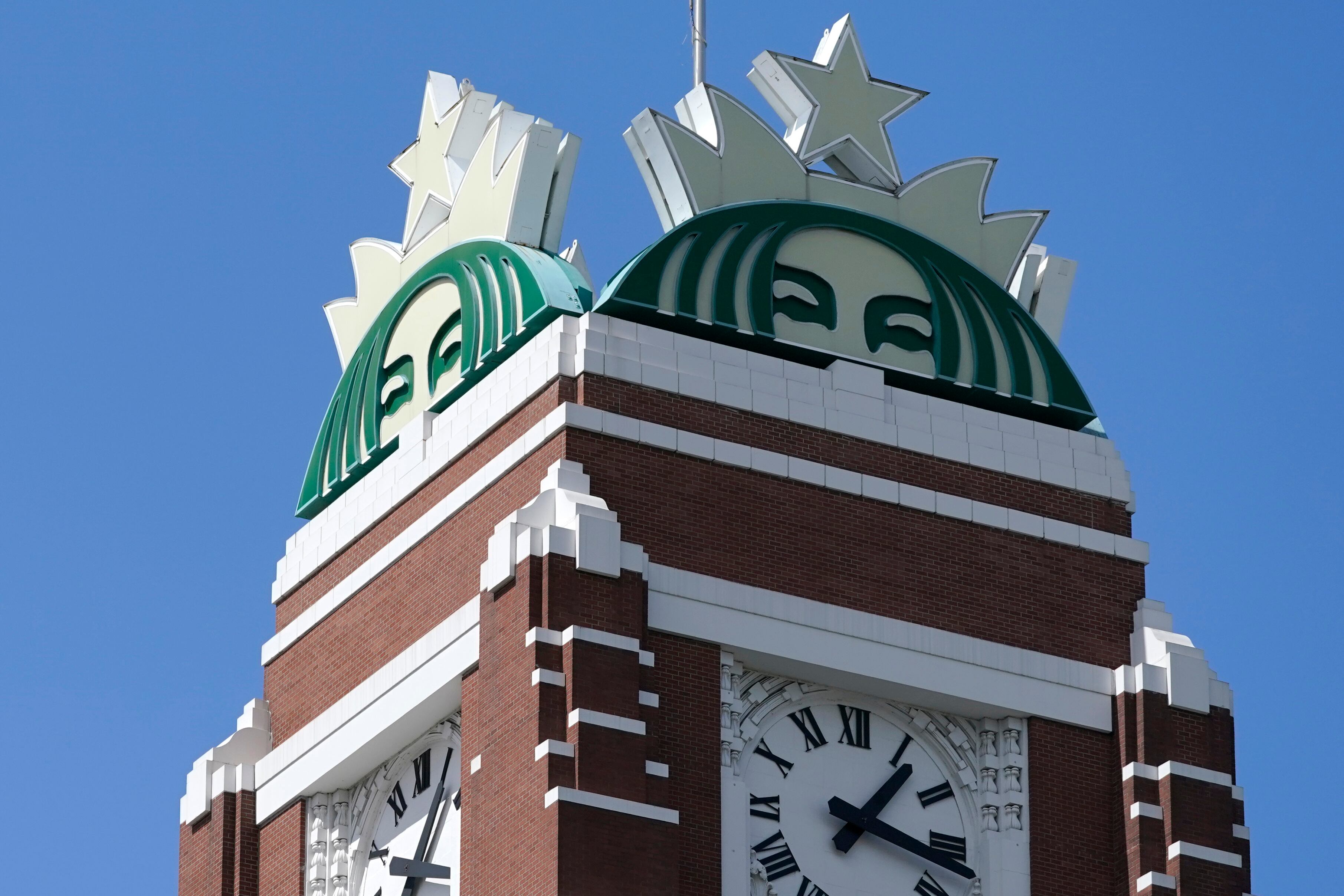More consumers are doing their holiday shopping online this year, which means fewer trips to the store and more packages piled on their doorstep through the month of December. It's a trend many Americans have become familiar with this year, as people avoided shops in an effort to avoid catching COVID-19.
Amid persistent shipping delays and higher expectations from consumers used to delivery standards set by e-commerce giants such as Amazon, many companies have chosen the reliability of a simple cardboard box or plastic bag.
This year's spike in deliveries has contributed to a surge in demand for cardboard — a reality that many in the logistics and shipping industry did not expect for 2020.
'Survive and advance'
"We thought 2020 was going to be a big move toward sustainability," said Chris Shaw, retail expert and senior director of product marketing for Manhattan Associates, which provides supply chain solutions to retailers.
The massive e-commerce demand brought on by coronavirus scrambled this prediction, however. Shaw explained that much of the industry was preparing in 2019 to rein in cardboard use and come up with more sustainable delivery and packaging solutions, including reusable and biodegradable options. Then COVID put the retail industry into survival mode.
"I think 2020 turned into a survive and advance type of year, so frankly we haven't seen as much on the sustainability side of things," he added.
Going forward, he said the hope is that sustainability goals will eventually line up with cost-savings and convenience, but for now the sector is just trying to keep up with demand.
Bags to Boxes
This holiday season could create more demand for reusable packages, not necessarily for sustainability or waste reduction, but rather another elusive goal for online retailers: easy product returns.
"If you're anything like me, if you receive apparel, you probably get it in a poly bag and you're kind of like the Incredible Hulk and just rip it open," Krish Iyer, head of industry relations for ShipStation, a shipping software company for major retailers, told Cheddar. "But we're seeing more and more retailers that may say, 'You know what? I'm going to pay a little bit more for the box because someone is going to initiate a return from home.'"
As a result, he said, more products are coming in sturdier boxes that can easily be affixed with a print-from-home shipping label or QR code as opposed to a poly bag.
Another trend driving the move away from single-use packages are subscription box offerings, which often include multiple items of different shapes and sizes, such as health and beauty products mixed in with apparel or snack boxes containing a hodge-podge of different foods.
"Packaging that is optimized for multiple legs is a huge trend that won't go away," Iyer said.













